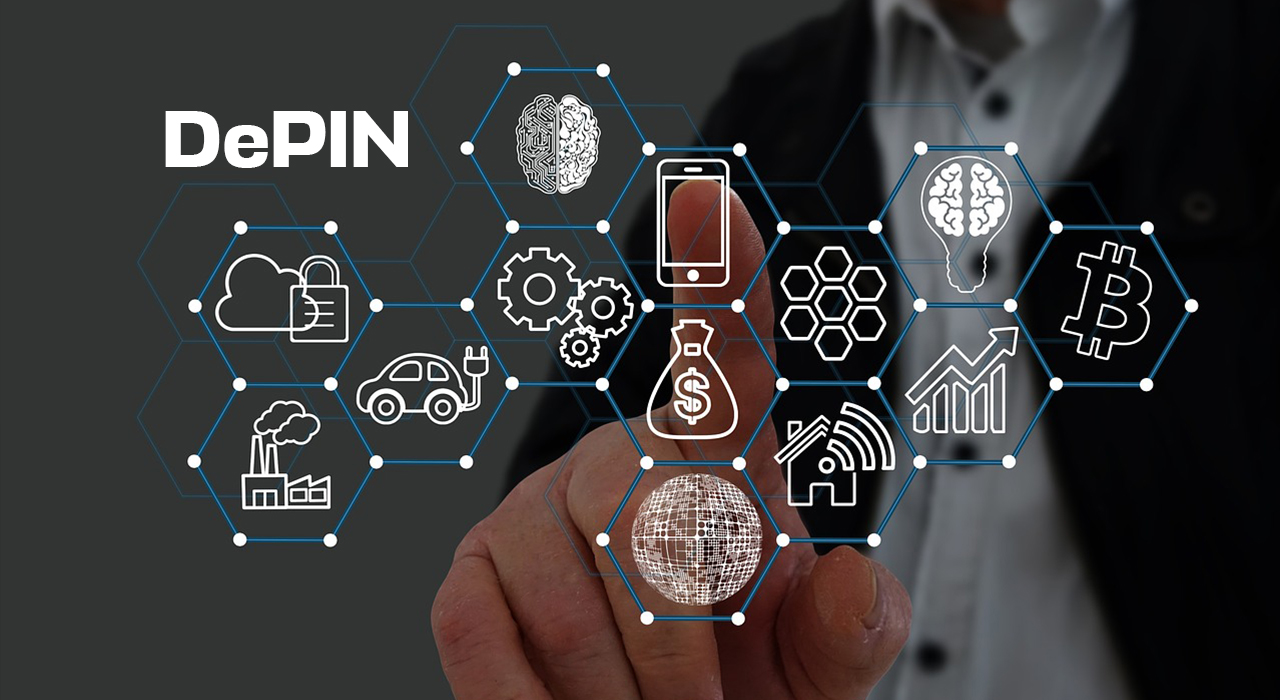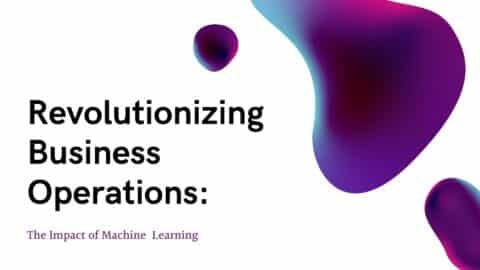Leveraging DePINs for Smart Cities
As cities continue to grow and evolve, the need for innovative and sustainable infrastructure solutions becomes increasingly apparent. In this article, we’ll explore how Decentralized Physical Infrastructure Networks (DePIN) are reshaping the future of smart cities by leveraging blockchain technology and crypto-incentives to drive innovation and sustainability.
Table of Contents
The Role of DePIN in Smart Cities
Smart cities rely on advanced technologies to optimize infrastructure, improve public services, and enhance the quality of life for residents. DePIN projects play a crucial role in this transformation by providing decentralized infrastructure networks that enable real-time data collection, analysis, and decision-making. By leveraging blockchain technology and crypto-incentives, DePIN projects empower cities to build more resilient, efficient, and sustainable infrastructure systems that can adapt to the needs of their growing populations.
Blockchain Technology and Data Security
One of the key benefits of DePIN projects is their use of blockchain technology to secure and manage infrastructure data. Blockchain technology provides a decentralized and tamper-proof ledger that ensures the integrity and immutability of data collected from sensors, devices, and users. This enhances data security and privacy, protects against data tampering and manipulation, and enables transparent and auditable transactions. By leveraging blockchain technology, cities can build trust in their infrastructure systems and ensure the integrity of critical infrastructure data.
Crypto-Incentives and Community Engagement
Crypto-incentives are another important aspect of DePIN projects, driving community engagement and participation in smart city initiatives. DePIN Crypto projects typically reward users with their neetwork native tokens or NFTs. By rewarding users with cryptocurrency tokens, DePIN Projects incentivize data contributing and network participation, as well as different activities, and task completions. DePIN projects incentivize active involvement in infrastructure management and maintenance. The DePIN cryptocurrency can not only motivate individuals to contribute valuable data but also foster a sense of ownership and responsibility for the infrastructure that serves their communities. As a result, DePIN projects can mobilize a diverse range of stakeholders to collaborate on smart city initiatives and drive positive change.
Real-World Applications of DePIN in Smart Cities

The potential applications of DePIN projects in smart cities are vast and varied. From optimizing traffic flow and reducing congestion to monitoring air quality and managing energy consumption, DePIN projects can address a wide range of urban challenges. For example, by collecting real-time data from sensors installed throughout the city, DePIN projects can enable predictive maintenance of critical infrastructure assets, identify areas for improvement, and inform policy decisions. Additionally, by incentivizing community participation, DePIN projects can empower residents to take an active role in shaping the future of their cities and driving sustainable development.
Conclusion:
In conclusion, Decentralized Physical Infrastructure Networks (DePIN) are poised to play a transformative role in the development of smart cities. By leveraging blockchain technology and crypto-incentives, DePIN Blockchain projects enable cities to build more resilient, efficient, and sustainable infrastructure systems that can adapt to the needs of their growing populations. From enhancing data security and privacy to driving community engagement and innovation, DePIN projects offer a wide range of benefits for cities looking to embrace the future of urban living. As cities continue to evolve, DePIN projects will undoubtedly play a central role in shaping the smart cities of tomorrow. For the deeper dive into the potential of the DePIN follow the link and discover detailed breakdown of the concept, key differences and the benefit it can bring.

Adhar Dhaval is experienced portfolio, program and project leader with demonstrated leadership in all phases of sales and service delivery of diverse technology solutions. He is a speaker sharing advice and industry perspective on emerging best practices in project leadership, program management, leadership and strategy. He is working for the Chair Leadership Co.











